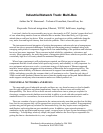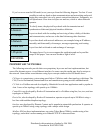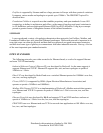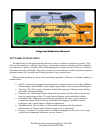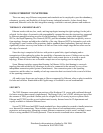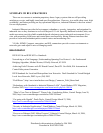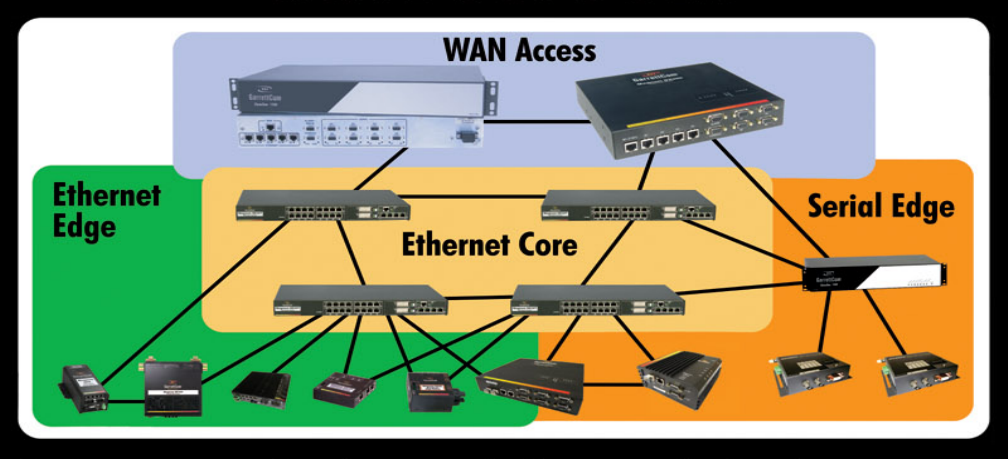
Integrated Substation Network
NETWORK INTEGRATION
The hard choices of integration include decisions of how to connect to proprietary systems. This
will vary from industry to industry. Most legacy systems that continue to perform well are candidates
for some form of gateway interface unless local management elements are fully effective or isolation
from other networks is desirable. The security features of many Ethernet switches can block intrusions,
and most routers offer firewalls and filtering options to keep systems secure.
When an older proprietary system is not performing, migration to Ethernet will permit a number of
enhancements.
• Speed: A glance at the proprietary networks above indicate most are slower than 10Mbit/s.
Ethernet ranges from 10Mbit/s to the Gigabit region and provides a huge bandwidth gain.
• Topology: The older systems often have an inflexible topology. Ethernet works with bus,
star, mesh, and ring topologies.
• Nodes per net: Addressing schemes often limit the number of nodes. Slower speeds also
limit the practical upper limit. The only limit in Ethernet is the bandwidth available.
• Redundant links: Ethernet has operated with redundancy for many years in enterprise
systems that cannot afford downtime. Redundant link support is available for most
topologies with a careful choice of Ethernet components.
• Standards-based: The flexibility of off-the-shelf components and the continual
enhancements of Ethernet make solutions much easier to implement.
• Security: A wealth of security features is available. Managed switches have evolved into
sophisticated components with many security features.
Distributed with permission of author by ISA 2006
Presented at ISA EXPO 2006




